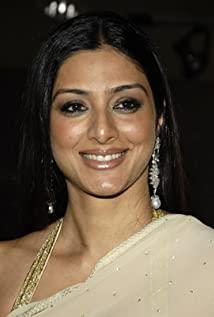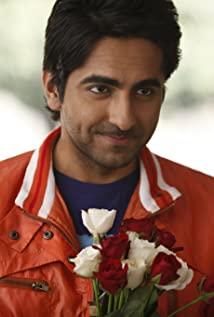The plot really twists and turns, the rhythm is quite tight, and it is full of unexpected reversals from beginning to end. From pretending to be blind to being really blind to being suspected of pretending to be blind, what the hero loses is not only honesty. Human nature can't stand the test like this. It's justifiable to fight to the death to survive, and to deceive and harm others for all kinds of selfish desires, but can justify it makes people speechless. Looking back at the film, there's hardly a single kind and upright person, and it's less of a black humour than it slips into the other extreme. Music was supposed to sublimate people's emotions and purify people's hearts, but now it has become a street juggling trick. The male protagonist may even believe that he is pretending to be blind just to focus on music and not deceive. During the viewing of the film, I always had a trace of sympathy for the male protagonist-although it was always accompanied by contempt, and even once believed that the male protagonist would be rewarded for his kindness, but the godlike ending of the cane hitting the enclave with crutches brought the backlash. Transfer I am shocked - we may have been living in a lie, or that we are often in a situation where it is difficult to tell what is true and what is false. As a suspenseful crime film, it must be very attractive. It is estimated that many viewers will not be able to determine the authenticity of the actor's good and evil for a while after watching it. But the success also reverses the failure, and too much reversal actually brings intellectual fatigue, so that the audience can only focus on keeping up with the development of the plot. The final reversal is wonderful, but it also turns the whole film into a joke, just like the "irony and remonstrance" that ancient Chinese Han Dafu is best at. It doesn't itch to say that it shouldn't be played like this. A bright ending doesn't necessarily mean depth and emotion, but if the film's complexity is too formal, it will undermine its power to explore the depth of human nature. Perhaps the so-called "human nature" has long been regarded as a part of the film industry, rather than the soul of film art. My dissatisfaction may just be because I didn't see at first glance that the last story of the male protagonist may be made up, but at the same time I am willing to believe what Tarkovsky said: the scene scheduling should not only show some creativity, but more importantly life. In terms of using suspense and thriller to express the darkness of human nature and the fragility of life, Hitchcock at his peak is probably still a peak, and it is worth continuing to learn from today's filmmakers. Of course, you don't have to be so harsh on a successful commercial. When watching a movie, let go of all preconceived notions, first get an overall impression by intuition, and then sort out what impresses or confuses yourself. If you want to pass the time, this film is totally worth watching, but it may be just a routine. But then again, it's a clever gesture for the director to hide his ambiguity in the images and events, rather than conceptualize it directly - it's just,
View more about Andhadhun reviews











